News
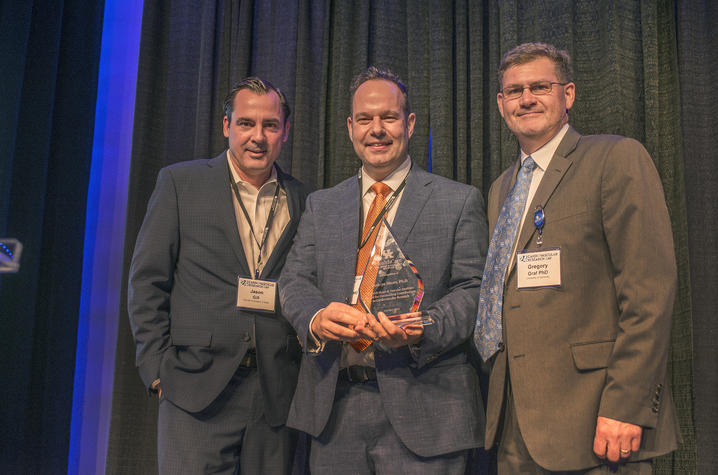
Hundreds of researchers, students and guests attended the 24th University of Kentucky Cardiovascular Research Day at the Central Bank Center, an annual event that celebrates innovative research in cardiovascular health.
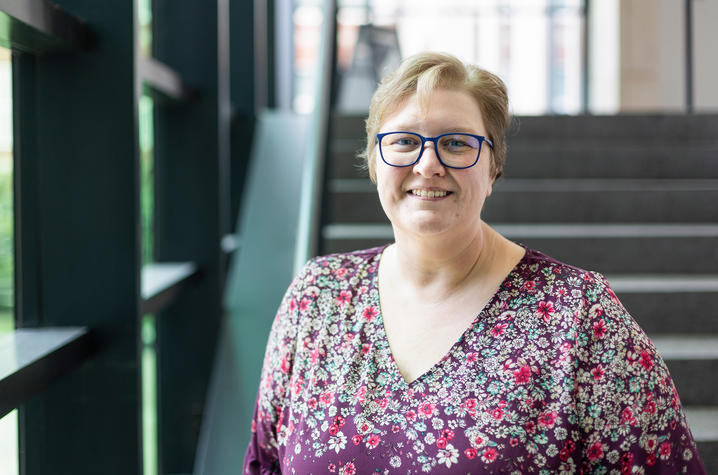
Donna Wilcock, PhD, of the University of Kentucky’s Sanders-Brown Center on Aging (SBCoA) was awarded a $1.7 million National Institutes of Health grant for her lab’s exploration of adverse effects of two new Alzheimer’s disease drugs — aducanumab and lecanemab — which have been shown to slow the progression of cognitive decline.
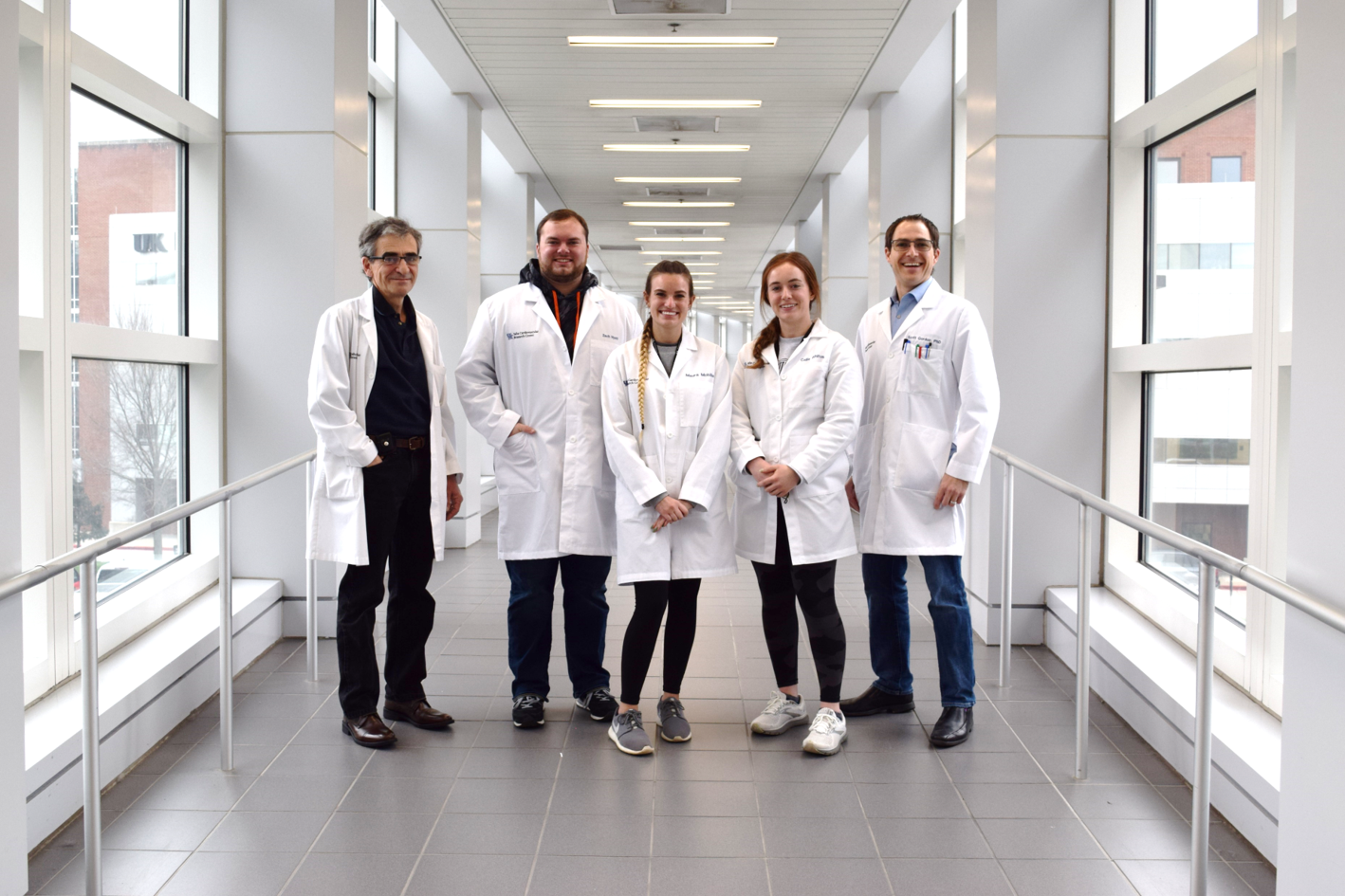
Dennd5b plays a pivotal role in intestinal absorption of dietary lipids and is associated with body mass index in humans. This study examined the impact of whole-body Dennd5b deletion on plasma lipid concentrations, atherosclerosis, and hepatic lipid metabolism.
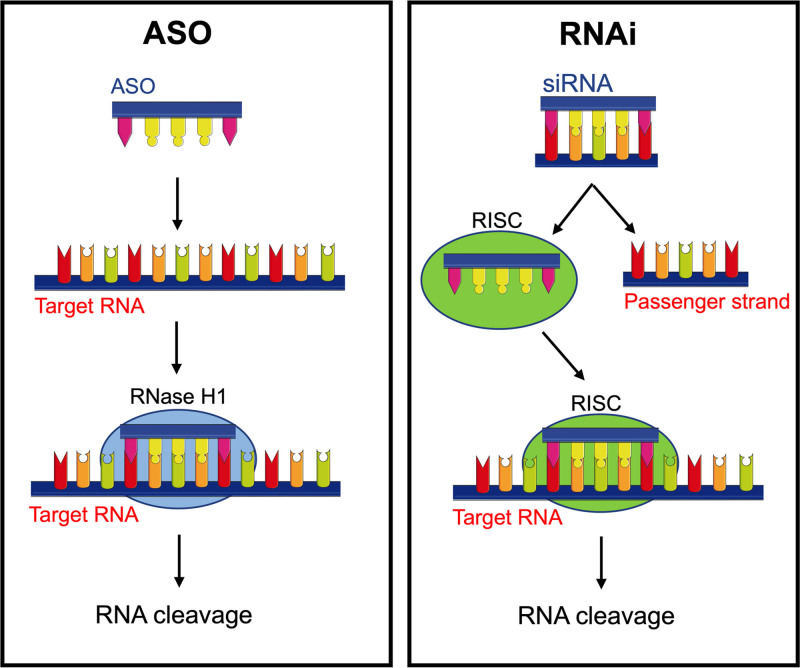
Originally Posted July 29, 2022: https://www.ahajournals.org/doi/10.1161/HYPERTENSIONAHA.122.18731
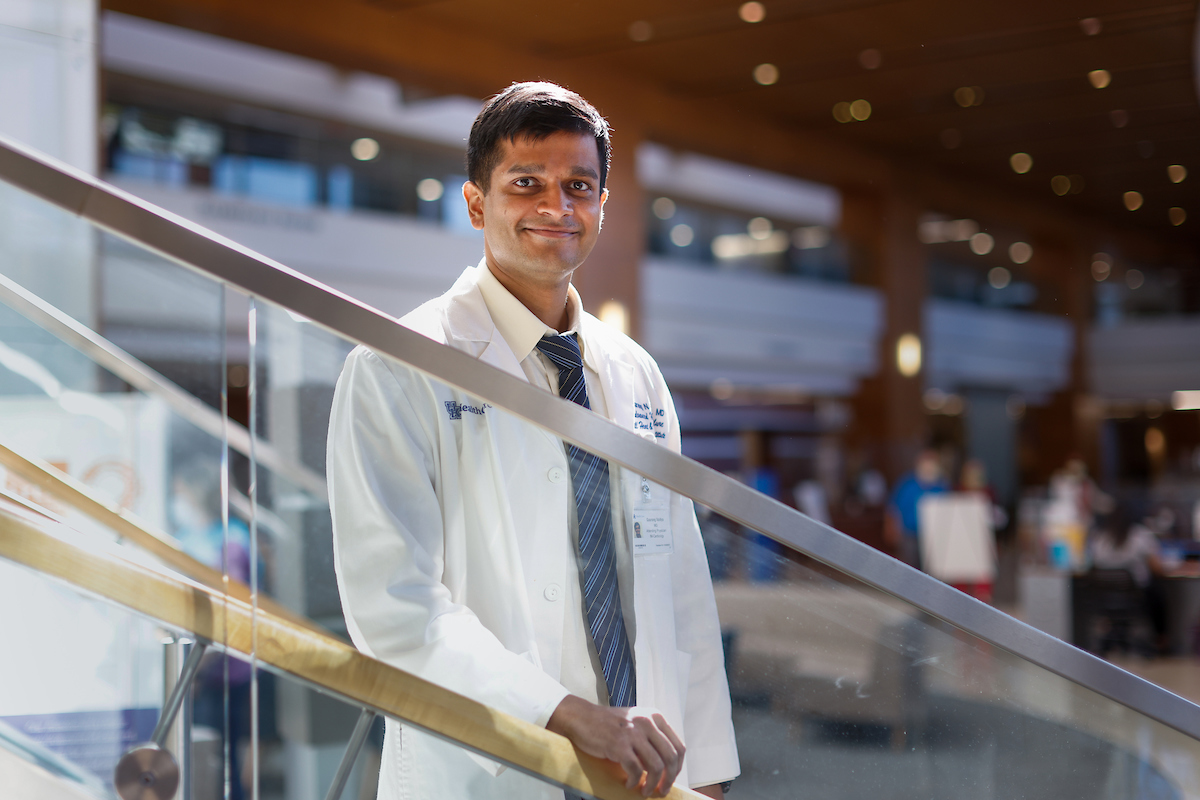
When he was a cardiology fellow, Gaurang Vaidya, MD, faced a persistent question while providing care for heart failure patients – how much extra water is in the patient’s body?
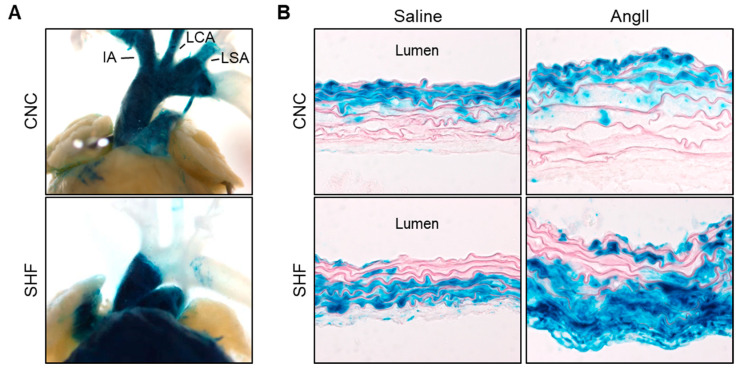
Embryonic Heterogeneity of Smooth Muscle Cells in the Complex Mechanisms of Thoracic Aortic Aneurysms
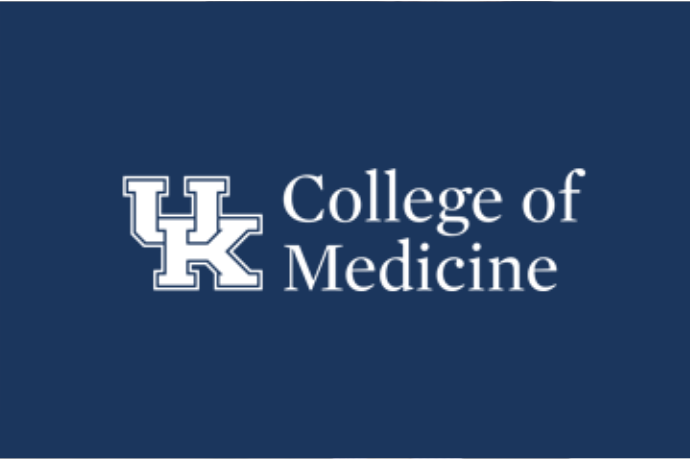
Edaravone Attenuated Angiotensin II-Induced Atherosclerosis and Abdominal Aortic Aneurysms in Apolipoprotein E-Deficient Mice
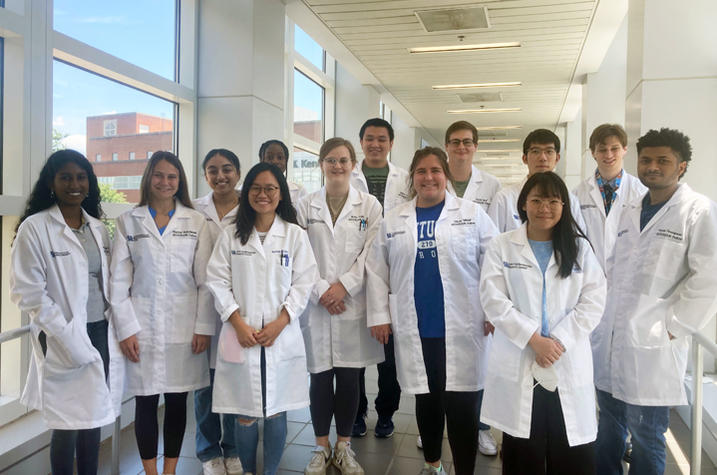
LEXINGTON, Ky. (July 21, 2021) — A new immersive summer research program at the University of Kentucky is helping to prepare the next generation of biomedical researchers.
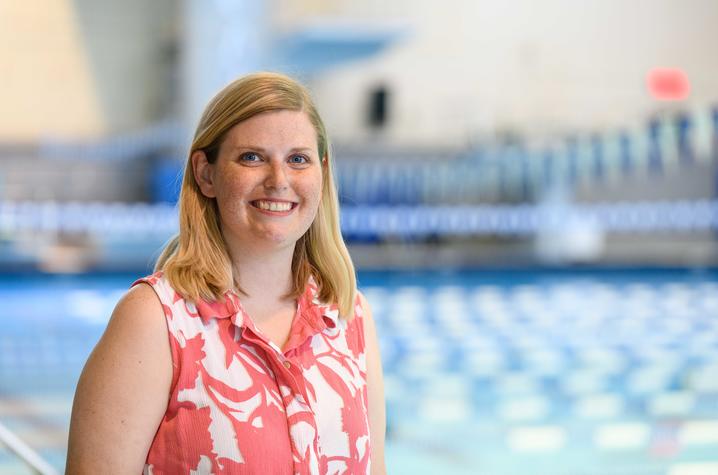
LEXINGTON, Ky. (June 8, 2022) — In 2019, Alayna Benningfield was living her dream.
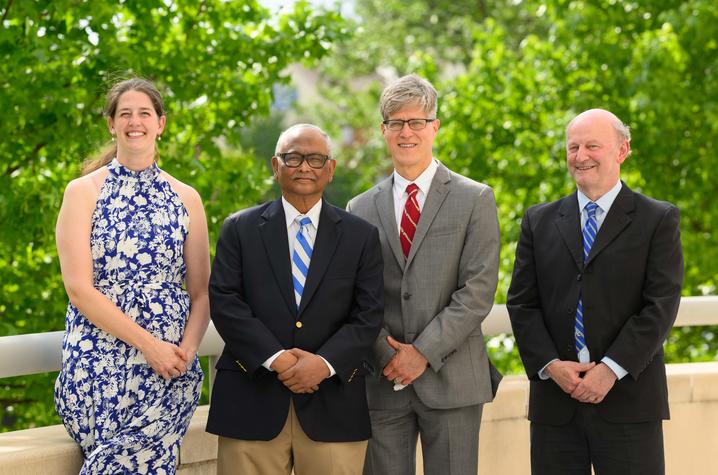
LEXINGTON, Ky. (June 2, 2022) — On Monday, May 25, the faculty and administration of the University of Kentucky College of Medicine announced the creation of the Saha Aortic Center, a new research center focused on aortic disease.
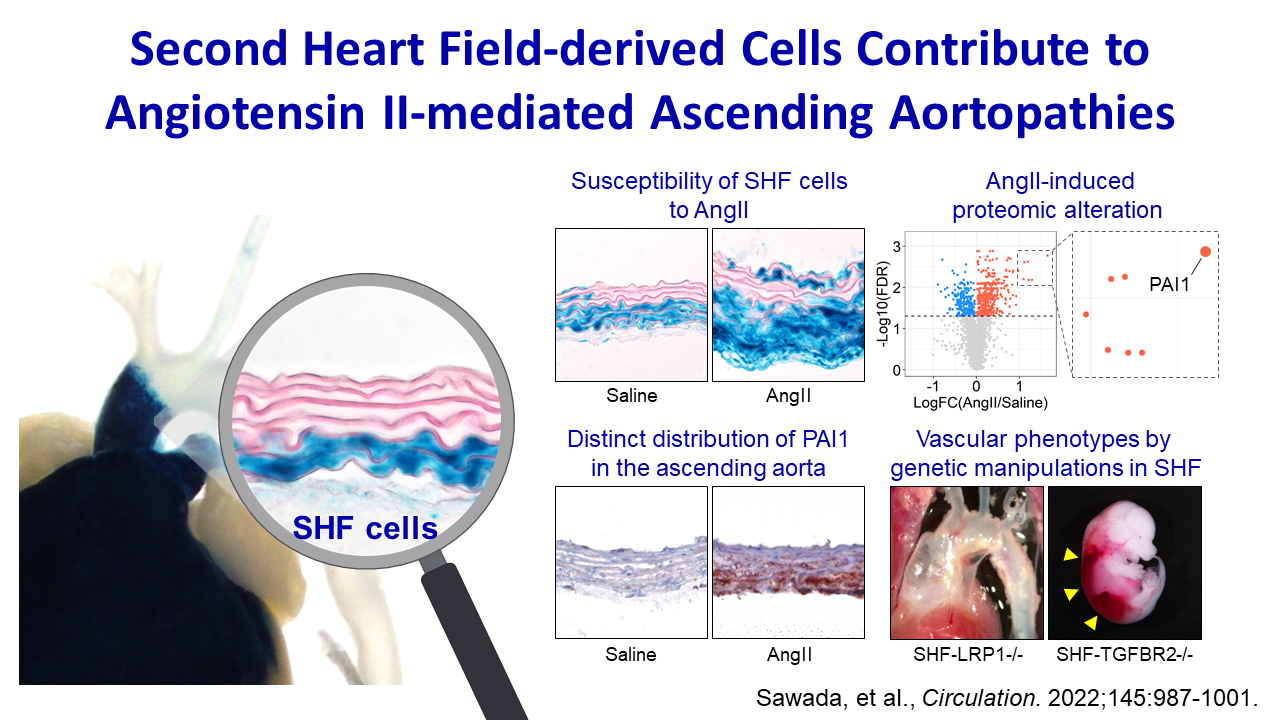
Authors

The University of Kentucky Office of Nationally Competitive Awards has announced that UK sophomore Isha Chauhan, from LaGrange, Kentucky, has been awarded a Barry M. Goldwater Scholarship.
The Goldwater Scholarship is the preeminent undergraduate award of its kind in the fields of natural sciences, engineering and mathematics. Chauhan is among 417 students nationwide selected to receive the honor, from an estimated pool of over 5,000 students.
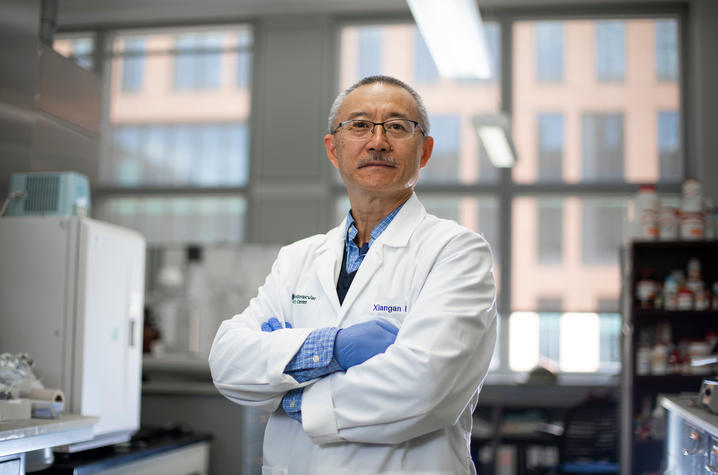
LEXINGTON, Ky. (March 18, 2022) — Replenishing the body’s high-density lipoprotein (HDL) could be an effective treatment for sepsis, according to a new University of Kentucky College of Medicine study published in Science Signaling.
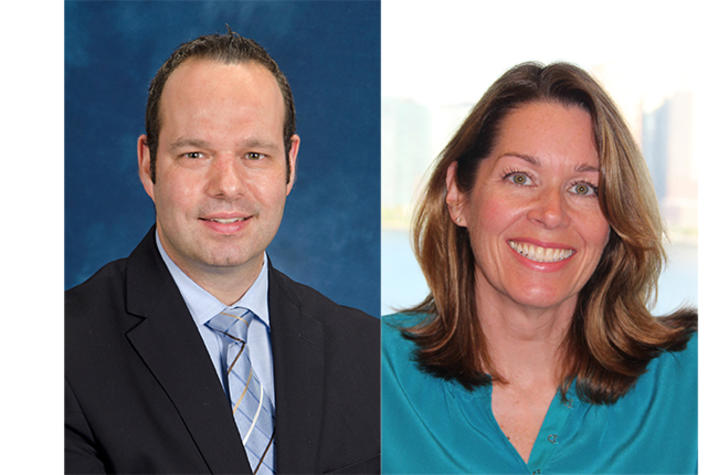
The Gill Awards, given each year through the generous support of the Gill Foundation of Texas, honor individuals who have made significant contributions to the field of cardiovascular medicine, both through research and clinical care. The awards are based on nominations and assessment by a committee of prominent cardiovascular researchers from across the nation.
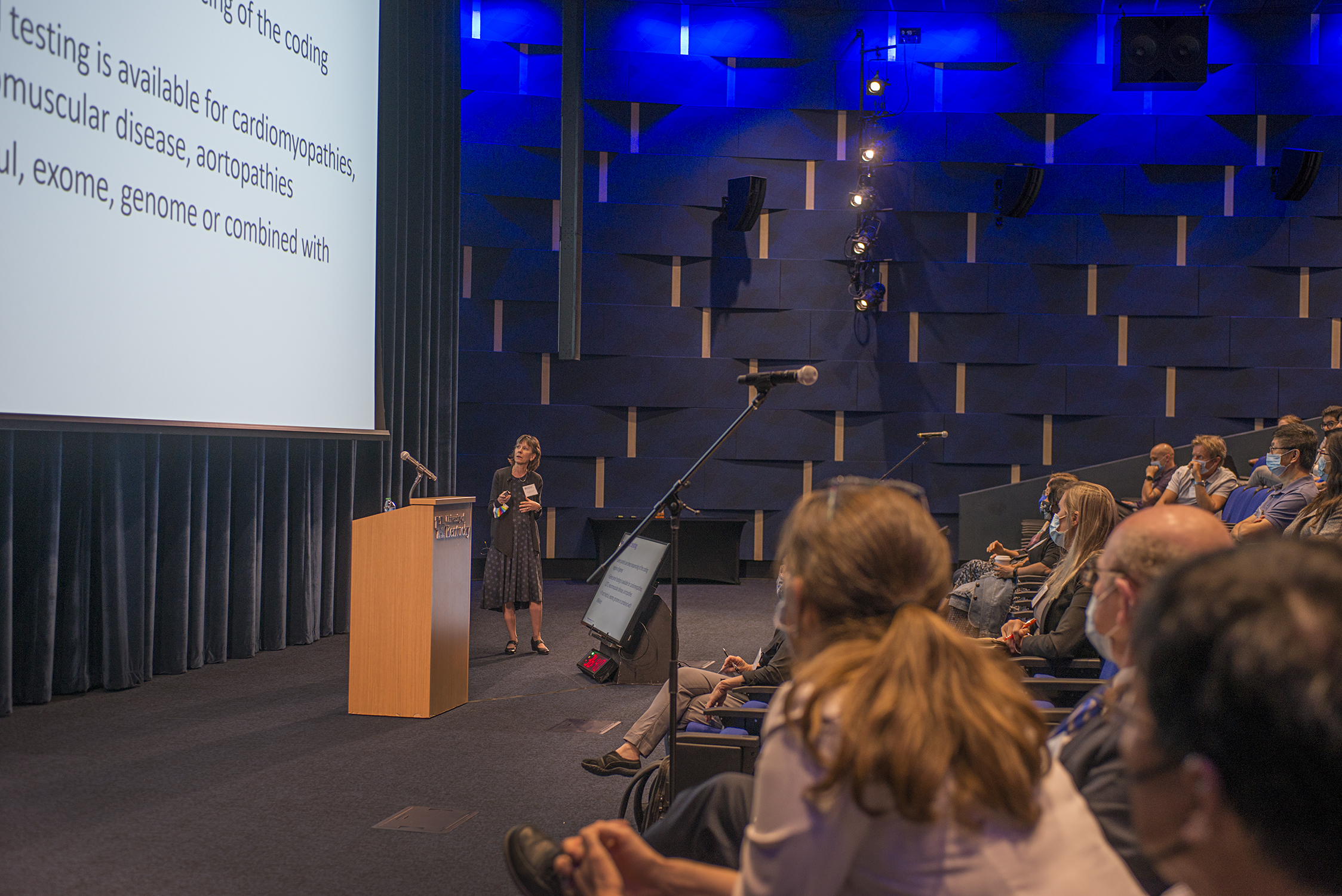
Click here for the nomination form.
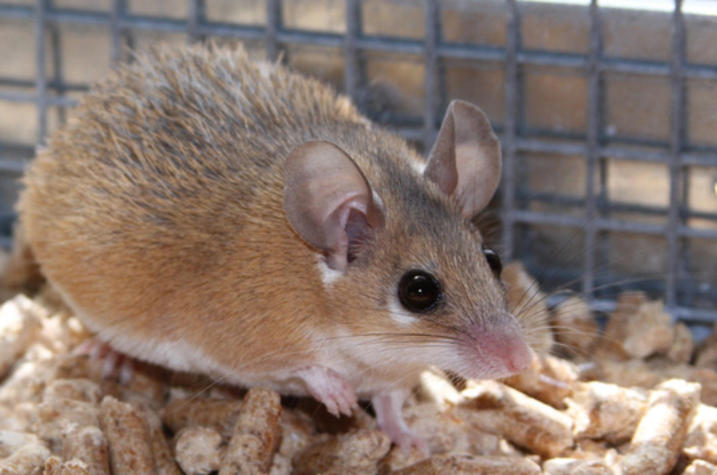
LEXINGTON, Ky. (Dec. 9, 2021) — Spiny mice, known for their unique ability to regrow lost skin, may also be able to preserve injured cardiac tissue according to a new study conducted by a research team from the University of Kentucky College of Medicine and College of Arts and Sciences.
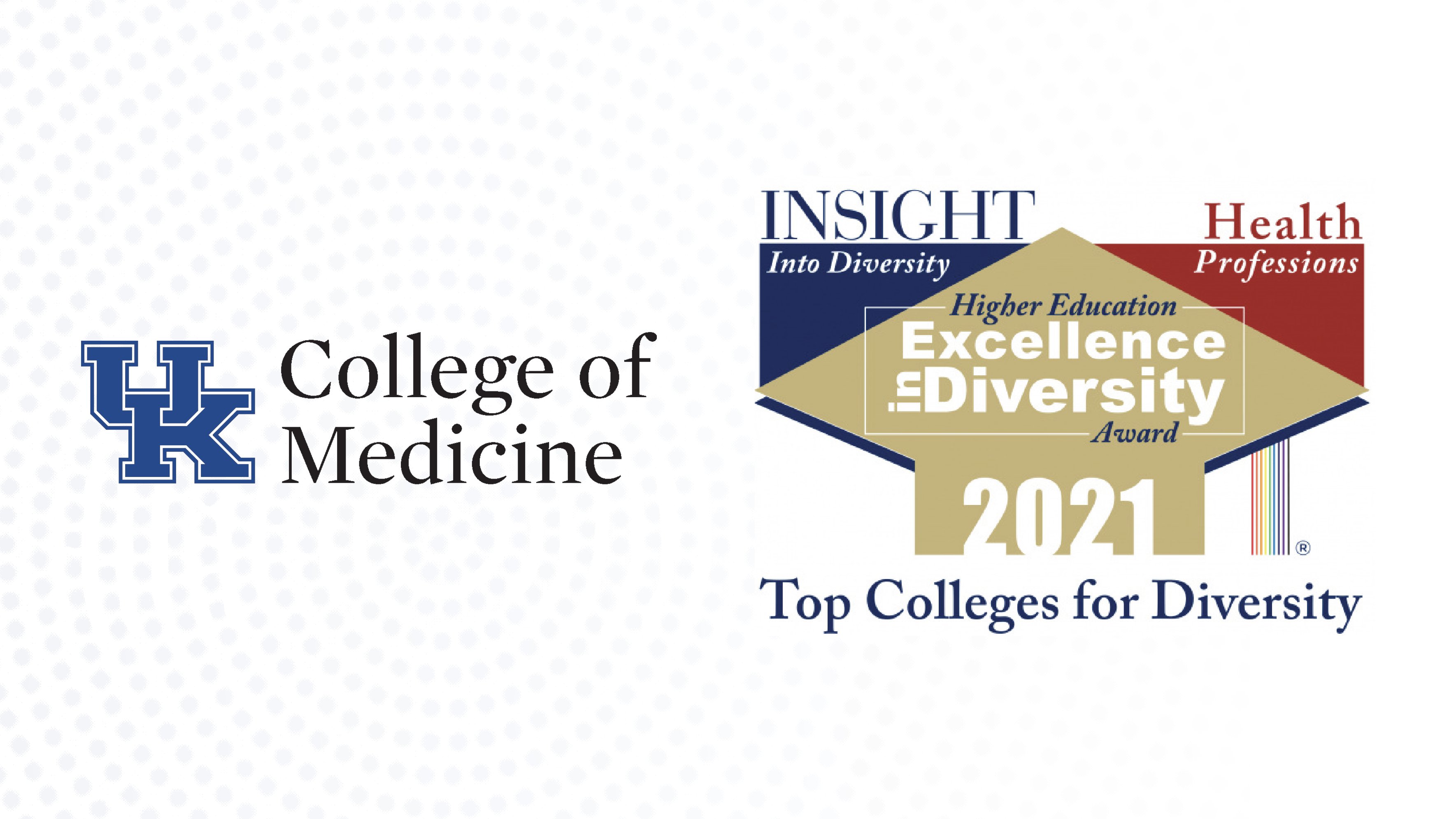
The University of Kentucky College of Medicine has received the 2021 Health Professions Higher Education Excellence in Diversity (HEED) Award from INSIGHT Into Diversity magazine, the oldest and largest diversity-focused publication in higher education.
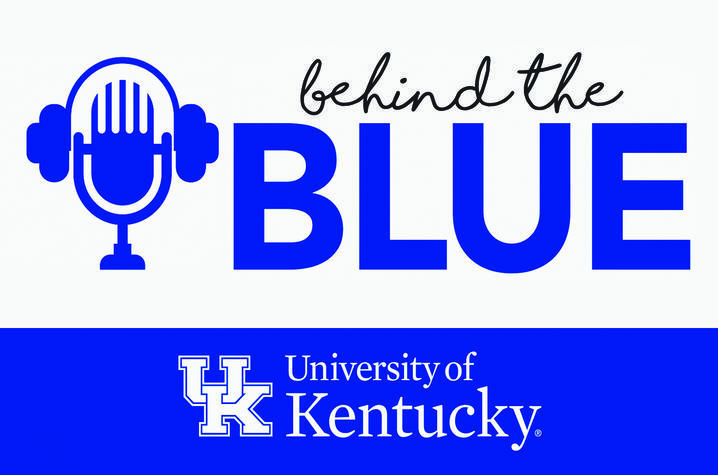
LEXINGTON, Ky. (Sept. 27, 2021) — University of Kentucky’s Saha Cardiovascular Research Center recently held its annual Cardiovascular Research Day, an event that showcases innovative research in cardiovascular health. The event features prominent speakers in the field of cardiovascular health and was the first in-person scientific conference in the field of lipid and lipoprotein metabolism and cardiovascular disease in nearly two years.
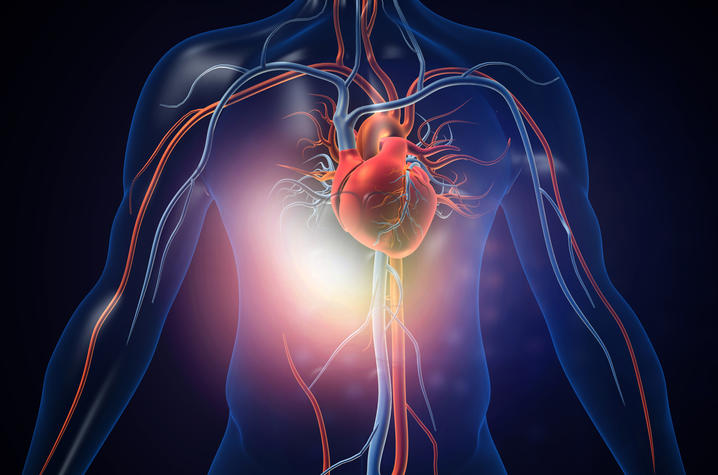
LEXINGTON, Ky. (Sept. 14, 2021) — What if there were a way to cure hypertension associated with obesity? University of Kentucky researcher Frédérique Yiannikouris, Ph.D., an assistant professor in the University of Kentucky College of Medicine's Department of Pharmacology and Nutritional Sciences, may be on track to find it.

LEXINGTON, Ky. (July 2, 2021) — A new University of Kentucky College of Medicine study suggests that time-restricted eating may be able to help people with Type 2 diabetes reduce nocturnal hypertension, which is characterized by elevated blood pressure at night.